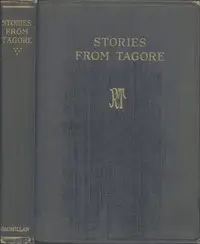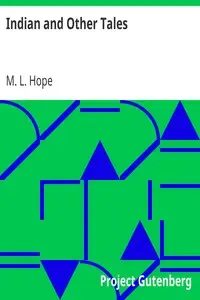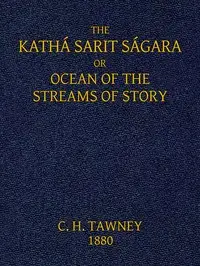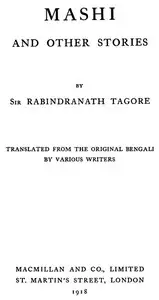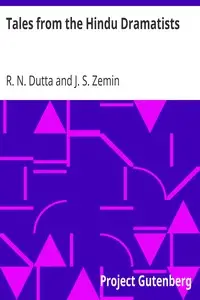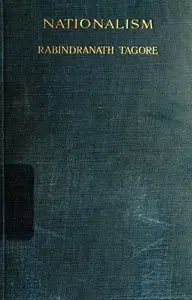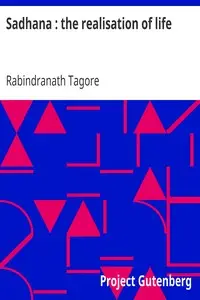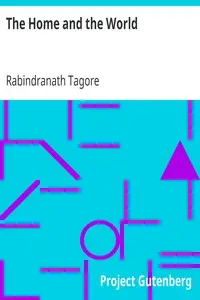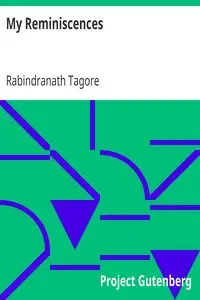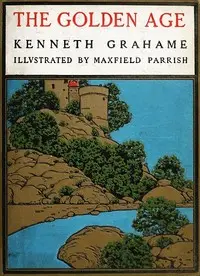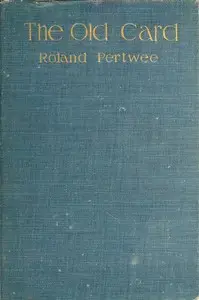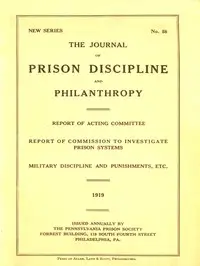"The Hungry Stones, and Other Stories" by Rabindranath Tagore is a gathering of tales that paints a picture of old India with its loves, supernatural events, and tangled feelings. The stories show people dealing with what they want versus what society expects. In "The Hungry Stones," travelers meet a wise man on a train from a religious journey. He knows a lot, even about future problems. The main character hears about a spooky palace where the past comes alive. He gets caught up in dreamy visions, mixing up what's real with old desires. This jump into ghosts and strong feelings hints at the many stories about love and mystery to come in the book.
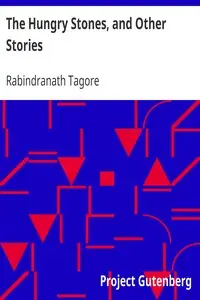
The Hungry Stones, and Other Stories
By Rabindranath Tagore
In a world of love, loss, and spectral intrigue, a man finds himself haunted by visions of the past within the walls of an ancient palace.
Summary
About the AuthorRabindranath Tagore was a Bengali poet, writer, playwright, composer, philosopher, social reformer, and painter of the Bengal Renaissance. He reshaped Bengali literature and music as well as Indian art with Contextual Modernism in the late 19th and early 20th centuries. Author of the "profoundly sensitive, fresh and beautiful" poetry of Gitanjali, in 1913 Tagore became the first non-European and the first lyricist to win the Nobel Prize in Literature. Tagore's poetic songs were viewed as spiritual and mercurial; where his elegant prose and magical poetry were widely popular in the Indian subcontinent. He was a fellow of the Royal Asiatic Society. Referred to as "the Bard of Bengal", Tagore was known by the sobriquets Gurudeb, Kobiguru, and Biswokobi.
Rabindranath Tagore was a Bengali poet, writer, playwright, composer, philosopher, social reformer, and painter of the Bengal Renaissance. He reshaped Bengali literature and music as well as Indian art with Contextual Modernism in the late 19th and early 20th centuries. Author of the "profoundly sensitive, fresh and beautiful" poetry of Gitanjali, in 1913 Tagore became the first non-European and the first lyricist to win the Nobel Prize in Literature. Tagore's poetic songs were viewed as spiritual and mercurial; where his elegant prose and magical poetry were widely popular in the Indian subcontinent. He was a fellow of the Royal Asiatic Society. Referred to as "the Bard of Bengal", Tagore was known by the sobriquets Gurudeb, Kobiguru, and Biswokobi.

